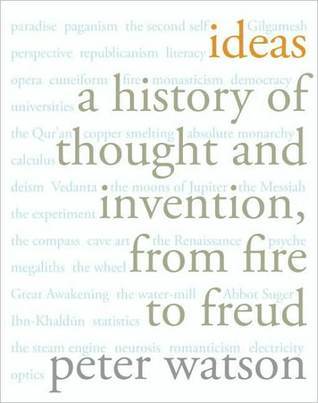This brings us back to Christianity. As was mentioned above, in early antiquity religious toleration had been the rule rather than the exception, but that changed with the animosity with which the pagans and Christians regarded one another.11 We should not overlook the change that had come about in men’s attitudes with the arrival of Christianity as a state religion. There was an overwhelming desire to ‘surrender to the new divine powers which bound men inwardly’ and ‘a need for’ suprahuman revelation. As a result, the thinkers of the period were not much interested in (or were discouraged
This brings us back to Christianity. As was mentioned above, in early antiquity religious toleration had been the rule rather than the exception, but that changed with the animosity with which the pagans and Christians regarded one another.11 We should not overlook the change that had come about in men’s attitudes with the arrival of Christianity as a state religion. There was an overwhelming desire to ‘surrender to the new divine powers which bound men inwardly’ and ‘a need for’ suprahuman revelation. As a result, the thinkers of the period were not much interested in (or were discouraged from) unravelling the secrets of the physical world: ‘The supreme task of Christian scholarship was to apprehend and deepen the truths of revelation.’12 Whereas paganism had imposed few restrictions on the intellectuals of Rome, Christianity actively rejected scientific inquiry. The scientific study of the heavens could be neglected, said Ambrose, bishop of Milan (374–397) at the time it was the capital of the western empire, ‘for wherein does it assist our salvation?’ The Romans had been more than comfortable with the notion, first aired in Greece, that the earth was a globe. In his Natural History, Pliny had written ‘that human beings are distributed all around the earth, and stand with their feet pointing towards each other, and that the top of the sky is alike for them all and the earth trodden underfoot at the centre in the same way from any direction.’ Three hundred years later, La...
...more
This highlight has been truncated due to consecutive passage length restrictions.


